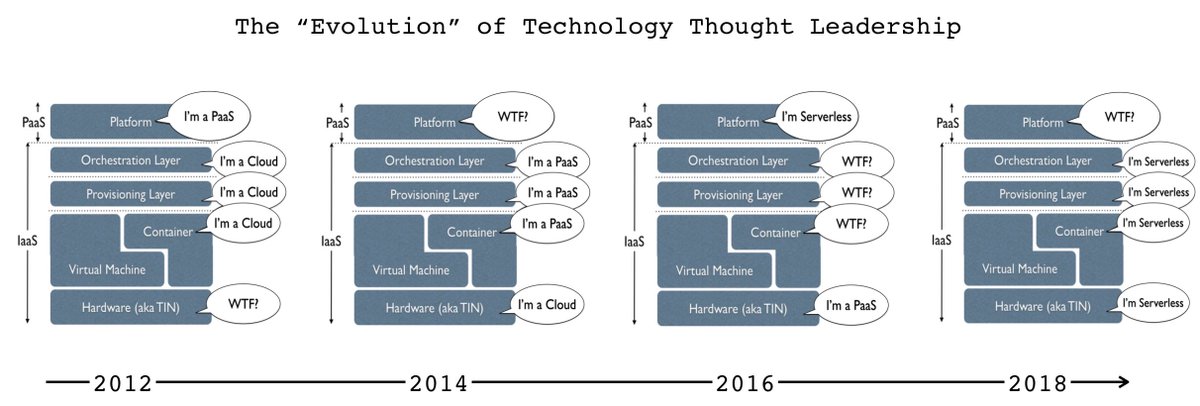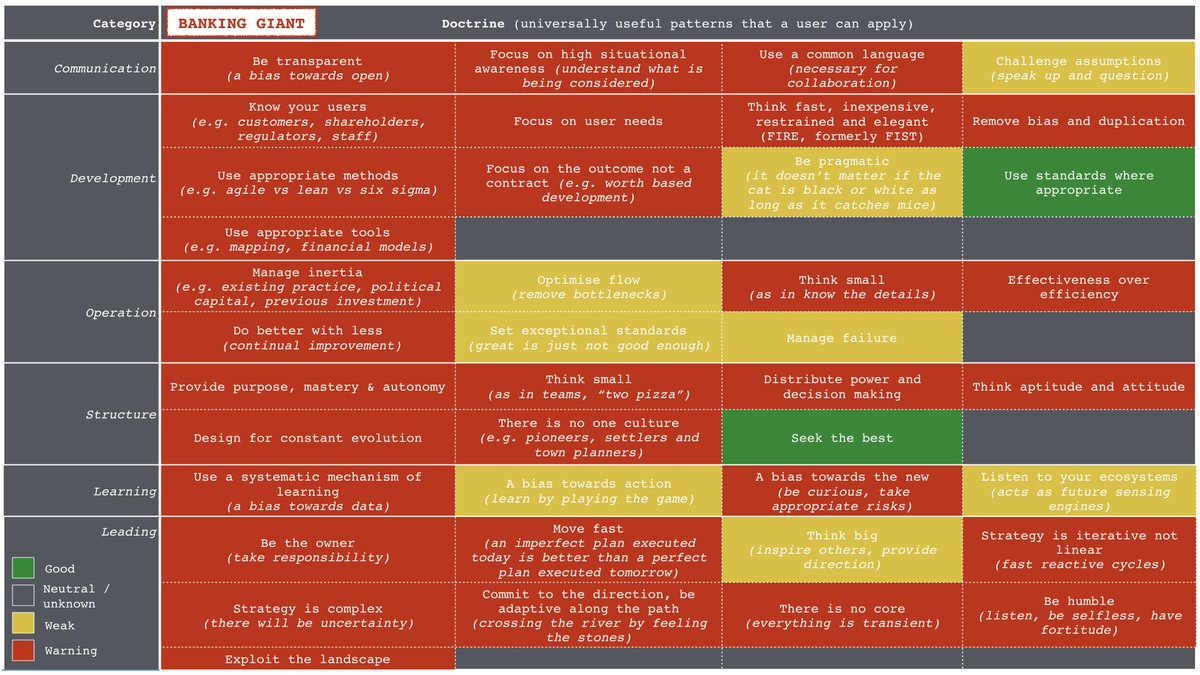Me : The definition I use? Serverless is an event driven, utility based, stateless, code execution environment.
Me : Nope, it's a web service for storage. It can used as an event source and storage of state by a serverless environment such as Lambda. It might even in the future be partially built upon a serverless environment.
Me : Really? Ok, you are solely concerned about writing and executing code. There is no concept of machines, of operating systems or the mechanics of distribution or scaling of. Just code, not servers / VMs / containers etc.
Me : The initiation and execution of the code is caused by some event for example the calling of an API or the storage of a file. The code is not running and listening for some input but instead is initiated and executed by the event.
Me : You pay for the code only when it is running, and the cost paid depends upon the resources the code consumes. The is no payment for idle time or hosting.
Me : Really? Environment in which the code runs is constructed in response to event, code is then executed, and environment deconstructed. No information can be passed between each function call by virtue of the environment it is running in.
Me : What about them? Microservices don't make an environment serverless, they are just a common pattern used when building systems in a serverless environment.
Me : Underlying machinery (invisible subsystem) that may or may not be used. Future serverless environments will be encoded at the chip level. So, as far as serverless goes then containers is ... meh? might be used? who cares other than the provider?
Me : Yes and No. Yes if you've got a big enough marketing budget to convince the clueless. Otherwise no.
Me : See Openstack. It's closer but falls down in four key areas - event driven, utility based, stateless, code execution environment. Given there are only four areas that matter with serverless, you can pretty much say .. no.
Me : Yep, and those containers run on physical machines powered by electricity. This does not mean my local nuclear power plant is an example of a serverless environment. These are all lower order components.
Me : That's true if you accept that one of those niches is called "The Future" and it includes pretty much all of it.
Me : If I was one of those companies that was concerned about lock-in with cloud and waited until I had no choice and incurred extortionate costs (due to demand for skills) then I might be concerned over making the same mistake.
1) remember the costs caused by waiting to adopt cloud or building their own eye watering expensive private efforts
2) want to remember i.e. they're not incentivised to go spend oodles and oodles of cash on lost causes.
Me : lol ... classic. That has made my day.
Me : At what point did I say serverless means centralised? Systems like Lambda will end up everywhere - every sensor, every device. See Greengrass. It's necessary to solve "move the data to code or vice versa"?







